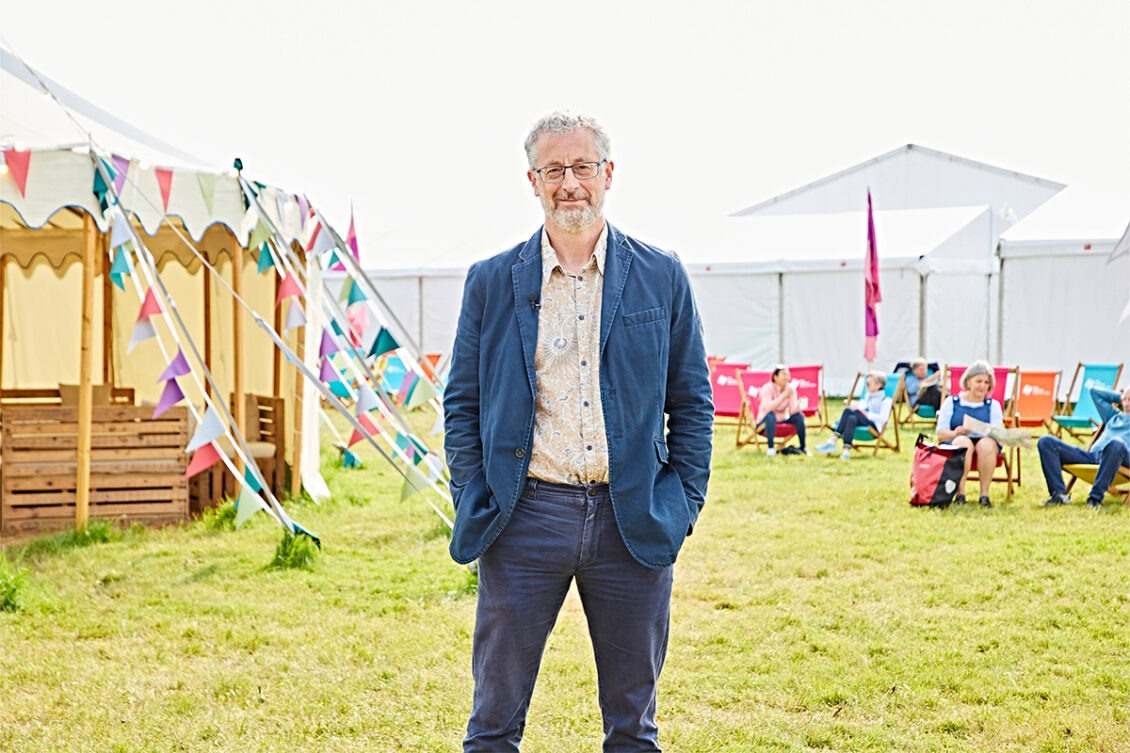Nearly six months after the introduction of the workplace recycling law, the annual book festival in Hay on Wye stands as a shining example of how businesses can benefit from the new law, following measures that have resulted in the recycling of 85% of its waste.
The organisers behind the festival have worked with suppliers to reduce the waste produced at the event by minimising the use of single use plastics, placing water refill stations across the site, and introducing re-useable coffee and bar glasses. As a result, it has reduced its plastics and can waste by 75%.
The workplace recycling law which started on April 6, requires all businesses, organisations, and workplaces across Wales to separate their waste for recycling.
Andy Fryers, Sustainability Director at Hay Festival, said: “Sustainability has always been fundamental to the Hay Festival, both on stage and in its operations. Since 2007, the festival has implemented various programs to reduce its environmental impact, focusing on its own direct impacts, the impacts of its audience, and event programming that provokes discussions on key environmental issues.
“Along with separating recyclable materials on site into different bins we also do a separate check to check the right waste has been put into the right bin. This ensures we capture clean and high-quality recyclable materials resulting in our high recycling rate.
In 2018, Hay Festival introduced re-usable hot drinks cups, vastly reducing the waste of the disposable coffee cups. The initiative’s success is evidenced by the reduction in waste from 350 full wheelie bins of disposable coffee cups in 2017 to zero bins in 2023 and 2024, representing a total reduction of 100%.
Andy added, “Replacing single-use coffee cups, bar glasses, and water bottles with reusable alternatives significantly minimised our waste across the site. Since 2018, we’ve provided free water refill stations and a reuse system, leading to a 99% reduction in coffee cup waste and the washing and reuse of over 30,000 cups. This change helped us turn a waste problem into a sustainable solution.”
The festival also installed a cup wash station to promote reuse, recycled over 200 litres of cooking oil and took excess food to local banks, saving over 500 kg of usable food.
Huw Irranca-Davies, Cabinet Secretary for Climate Change, said: “The aim of the recycling law is to increase the quality and quantity of recycling, while keeping materials in use for as long as possible. It will bring significant economic opportunities, support supply chains, build greener communities, and support a circular economy.”
Hay Festival is an excellent example of being committed to reducing the amount of waste they create in the first instance, but also making they can recycle whatever they can. Its success story serves as an inspiration for other businesses and organisations to follow, helping us to achieve a cleaner, greener, Wales.”
In just 20 years, Wales has gone from recycling less than 5% to recycling more than 65% of our municipal waste and is now ranked second in the world. This helps to save around 400,000 tonnes of carbon emission every year. The law will continue to improve these recycling rates and support Wales’ commitment to become a zero-waste nation by 2050.








Leave a Reply
View Comments